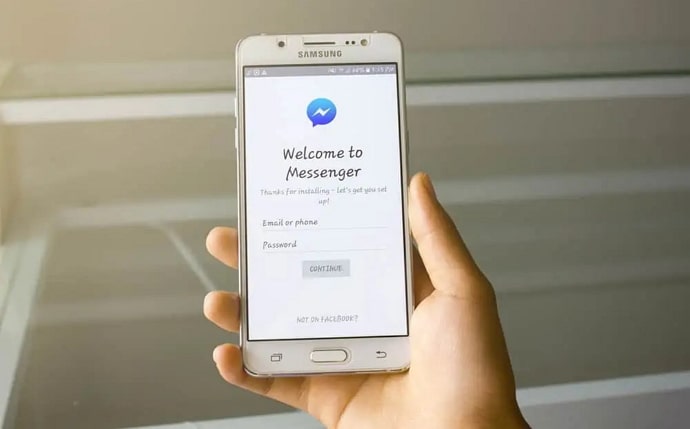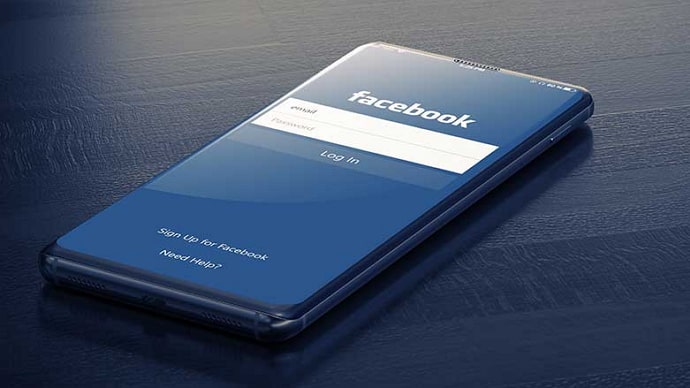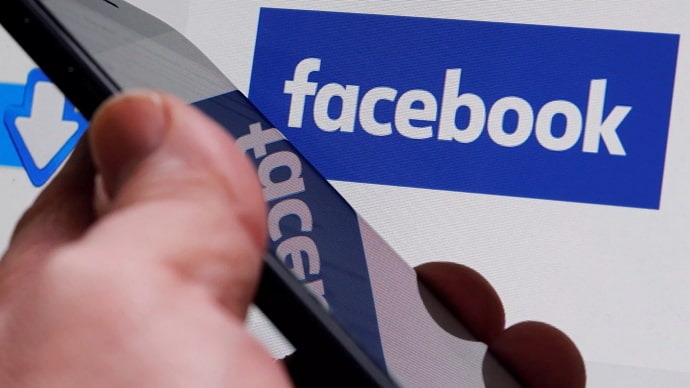Instant messaging has become an indispensable part of our daily lives. From casual conversations with friends to professional conversations and everything in between, messaging apps have transformed how we communicate. One such popular messaging app is Facebook Messenger. With its vast user base and feature-rich interface, Messenger is a go-to platform for millions of people worldwide. However, there could come a time when you contemplate uninstalling Messenger.

Whether it’s due to privacy concerns, freeing up space on your device, or simply wanting to explore alternative messaging apps, understanding the implications is crucial. In this blog, we’ll delve into what happens when you uninstall Messenger and shed light on the various aspects you should consider before making this decision.
Uninstalling an app may seem simple, but it’s just a little complicated when it comes to a messaging app as popular and intertwined with other platforms as Messenger.
Unsurprisingly, one of the primary outcomes of uninstalling Messenger is the inability to use the app itself. Once you uninstall the app, you’ll lose access to its messaging functionalities, voice and video calls, and other useful and convenient features. This can have significant implications for communication if you rely on Messenger to stay connected with friends, family, or colleagues.
Another important aspect is the relationship between Messenger and your Facebook account. Although Messenger is a standalone app, it’s owned by Facebook. Uninstalling Messenger won’t delete your Facebook account, and you can still use the Facebook app or website without interruptions.
Uninstalling Messenger can also have practical benefits. The app occupies significant storage space on your device, and if you’re running low on storage, removing Messenger can free up valuable space.
It’s particularly beneficial for devices with limited storage or for individuals who prefer to optimize their device’s performance.
Don’t worry; today’s blog will help you make an informed decision by discussing the consequences of uninstalling Messenger.
What Happens When You Uninstall Messenger?
Uninstalling an app is a shift none of us wants to handle, especially the shift to another, more convenient alternative. There are contacts to be taken care of, data to be saved, and people to be informed.
However, before you end your to-do list here, let us tell you that you could be missing a couple of items. Today, we’ll discuss the consequences of uninstalling Messenger.
You won’t be able to use Messenger anymore.
This one could seem obvious, but it’s important to note that once you uninstall Messenger, you won’t be able to use the app anymore. This means you won’t be able to send/receive messages, make calls, or use any of the app’s other features. If you want to use Messenger again, you’ll need to reinstall it.
Your Messenger contacts won’t be deleted.
Uninstalling Messenger doesn’t delete your Messenger contacts. They’ll be available if you reinstall the app. However, you won’t be able to see their online status or send them messages until you reinstall the app.
Your Facebook account won’t be deleted.
Messenger is an app that’s separate from the Facebook app, but Facebook still owns it. Uninstalling Messenger doesn’t delete your Facebook account, and you’ll still be able to use Facebook normally. You can communicate using the Facebook app or the Facebook website.
Your photos and videos will be available.
Uninstalling Messenger won’t delete any photos or videos you’ve shared through the app. They’ll still be available on your phone or Facebook account if you’ve shared them on the platform.
You’ll free up space on your device.
Uninstalling Messenger can help free up space on your device. The app takes up a considerable amount of space, and if you’re running low on storage, uninstalling it can help. This is especially useful if you have an older phone with limited storage capacity.
You may miss out on important messages.
If you uninstall Messenger, you could miss out on important messages. This is particularly true if you use the app for work or to communicate with friends and family who live far away. If you’re considering uninstalling the app, inform your contacts in advance and provide them with an alternative way to reach you.
You’ll have to use an alternative messaging app.
If you uninstall Messenger, you’ll need to find an alternative messaging app to stay connected with your contacts. Numerous messaging apps are available, each with its features and user base.
Some popular alternatives to Messenger include WhatsApp, Telegram, Signal, and Slack. They offer similar messaging functionalities and provide additional features like end-to-end encryption, group chats, and file sharing.
Before settling on a new messaging app, consider the app’s popularity, security measures, ease of use, and compatibility with your device and contacts. It’s also important to ensure that the app you choose aligns with your privacy preferences and offers the level of security you desire.
Switching to a new messaging app could involve convincing your contacts to join you on the new platform. If most of your contacts use Messenger, you must inform them about your switch and encourage them to download and install the new app. However, if your contacts are using multiple messaging apps or are open to trying new ones, the transition should be relatively smooth.
While uninstalling Messenger may have certain consequences, it can also present opportunities. Trying out different messaging apps allows you to explore new features, discover enhanced privacy options, and potentially find a platform that’s a better fit for you.
Takeaway
Messenger is a great messaging service, but it still can’t be a perfect fit for everyone, and that’s okay. There are a myriad of options on the market for people who’d prefer something more elegant, with more features and higher convenience.
When you uninstall Messenger, you lose access to the app and its features. Your contacts and Facebook account remain unaffected, but your message history has been deleted. It can free up space on your device and prompt you to explore alternative messaging apps which offer similar functionalities and potentially improved features.
Ultimately, the decision to uninstall Messenger depends on your personal preferences, the importance of the app in your daily communication, and your willingness to adapt to a new messaging platform.
If our blog has helped you make your decision, we’re happy to be of help. If you’ve still got your doubts about this transition, we’ll be all too happy to help you out in the comments below!
Also Read:





 Bitcoin
Bitcoin  Ethereum
Ethereum  Tether
Tether  XRP
XRP  USDC
USDC  Solana
Solana  Dogecoin
Dogecoin  Cardano
Cardano  TRON
TRON